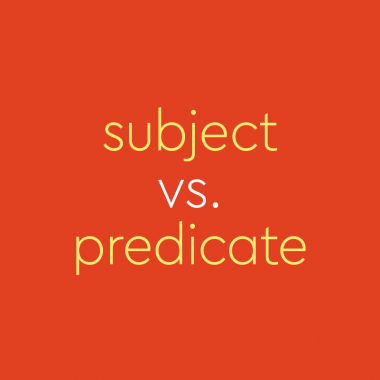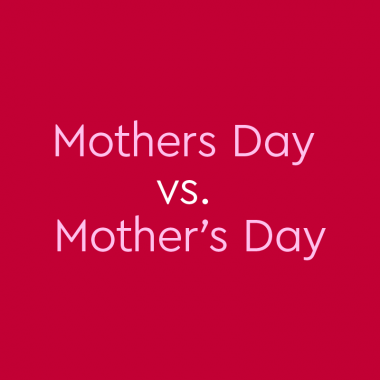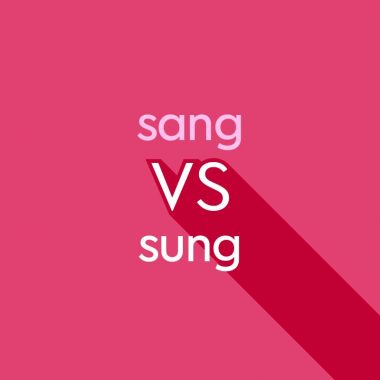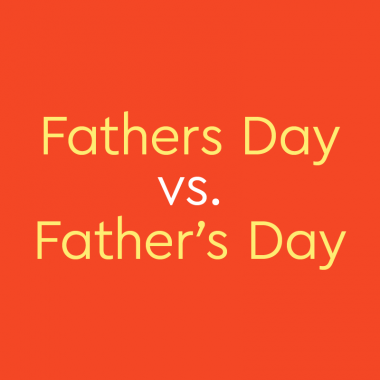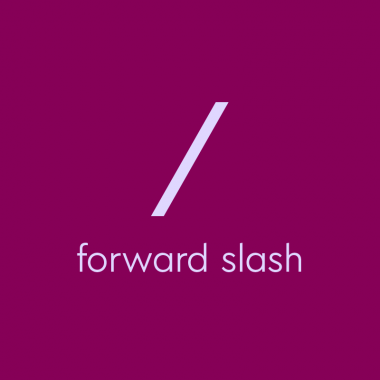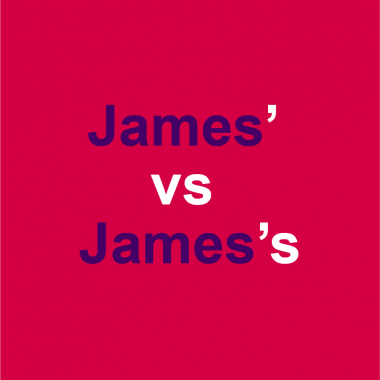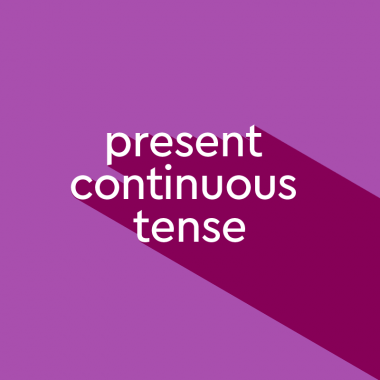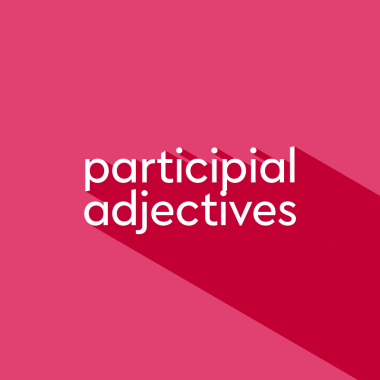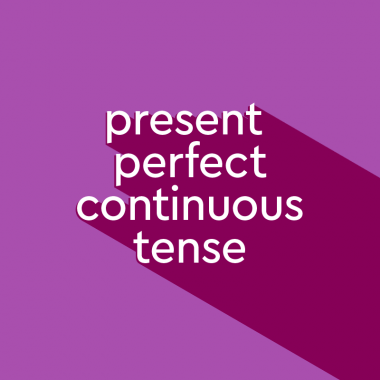How To Identify Subject And Predicate In A Sentence
We all write every single day, whether it’s a text message, report, or email. And that means we all compose sentences that are crafted from different parts. Yup, there are different parts of sentences. And guess what? Learning what the different parts of a sentence are called can show a mastery of language. By elementary school, kids begin learning about the different parts of a …
